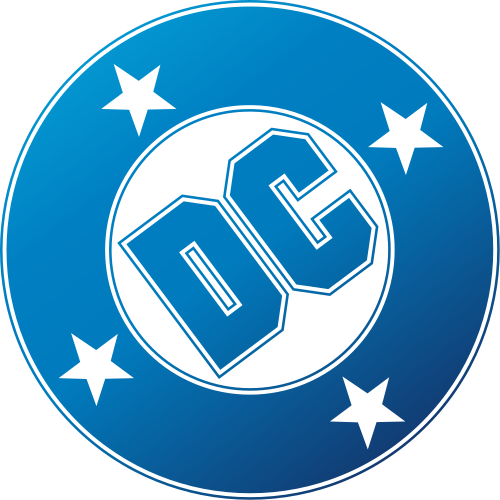 Bruce Wayne. Humanitarian. You self-righteous hypocrite. You talk about the sanctity of human life... while you lie buried under scores of human victims. What about their lives? Are they simply the cost of upholding your cowardly morality?
Bruce Wayne. Humanitarian. You self-righteous hypocrite. You talk about the sanctity of human life... while you lie buried under scores of human victims. What about their lives? Are they simply the cost of upholding your cowardly morality? 
- — Batman
Batman: Ego #1 is a one-shot with a cover date of October, 2000.
Synopsis for "Ego: A Psychotic Slide into the Heart of Darkness"
In the aftermath of the Joker's latest crime spree, Batman pursues a low-level thug named Buster Snibbs, whom Batman had extracted the Joker's location from the previous night. Already physically and mentally exhausted, Batman is further strained when he sees Snibbs about to commit suicide and narrowly saves him. Furious, Snibbs explains that the Joker already knows of his betrayal; since he does not believe either Batman or the police can keep the Joker contained, he has already killed his family to spare them the Joker's wrath. Snibbs then shoots himself, condemning Batman with his last breath.
Shaken by Snibbs' death, Batman retires to the Batcave, but continues to be consumed by guilt; as dawn rises, the guilt drives him to pledge Batman's retirement. This causes his mind to divide against itself: his revenge-hungry id, represented by Batman, confronts his rational superego, represented by Bruce Wayne.
Bruce and Batman discuss and debate their history with one another, touching upon Bruce's childhood, Batman's beginnings, the rise of Gotham's supervillain element, and the conflict between Batman's lust for vengeance and Bruce's yearning for companionship and approval, represented through his alliances with Commissioner Gordon and Robin. Batman, the embodiment of Bruce's darkest emotions, refuses to let his only outlet be retired; in order to assuage Bruce's guilt, he concludes that they must kill the Joker in order to prevent any more tragedies like Snibbs' suicide. Bruce rejects this option, even when Batman suggests they completely split their psyche (a la Two-Face) so Bruce will bear no responsibility for Batman's actions.
Unwavering, Bruce maintains that Batman's rage unchecked would lead to horrific consequences; at the same time, however, he admits that he is tormented by the guilt of his failures and feels he cannot go on. As he rages against the injustice of his life, Batman reminds him of the pledge he made as a young boy to ensure that what happened to his family never happens again, and argues that his suffering is the price he must pay to protect others.
Finally, tired of their deadlock, Batman conjures from the mindscape a gun - the same gun that killed the elder Waynes - and challenges Bruce to shoot him and "free" them from one another once and for all. After much temptation, Bruce rejects this option as well, and gives Batman his counter-offer: he will accept the guilt and responsibility of Batman's crusade, so long as Batman can accept that he must stand as a symbol of hope as well as fear, and thus must never kill. Batman accepts this compromise and vanishes, leaving Bruce's mind whole once more.
The following night, the Joker escapes custody again and takes a nightclub hostage. Batman, his mind refreshed and strengthened, speeds to the rescue.
Appearing in "Ego: A Psychotic Slide into the Heart of Darkness"
Featured Characters:
- Bruce Wayne (Flashback and main story)
Antagonists:
Other Characters:
- Buster Snibbs (Single appearance; dies)
- Commissioner Gordon
- The Joker (Behind the scenes) (Flashback and main story)
- Thomas Wayne (Flashback only)
- Martha Wayne (Flashback only)
- Hugo Strange (Flashback only)
- Catwoman (Flashback only)
- The Penguin (Flashback only)
- Robin (Dick Grayson) (Flashback only)
- Scarecrow (Flashback only)
- Two-Face (Flashback only)
- The Red Hood (Flashback only)
- Chuckie Sol (Mentioned only)
Locations:
- Gotham City
- Wayne Manor (Flashback and main story)
Items:
Vehicles:
Notes
- This issue is reprinted in Batman: Ego and Other Tails
Trivia
- At one point, Bruce mockingly calls his Batman psyche "an underdone potato" - a direct reference to A Christmas Carol, where Ebenezer Scrooge dismissed the ghost of Jacob Marley as such.
See Also
